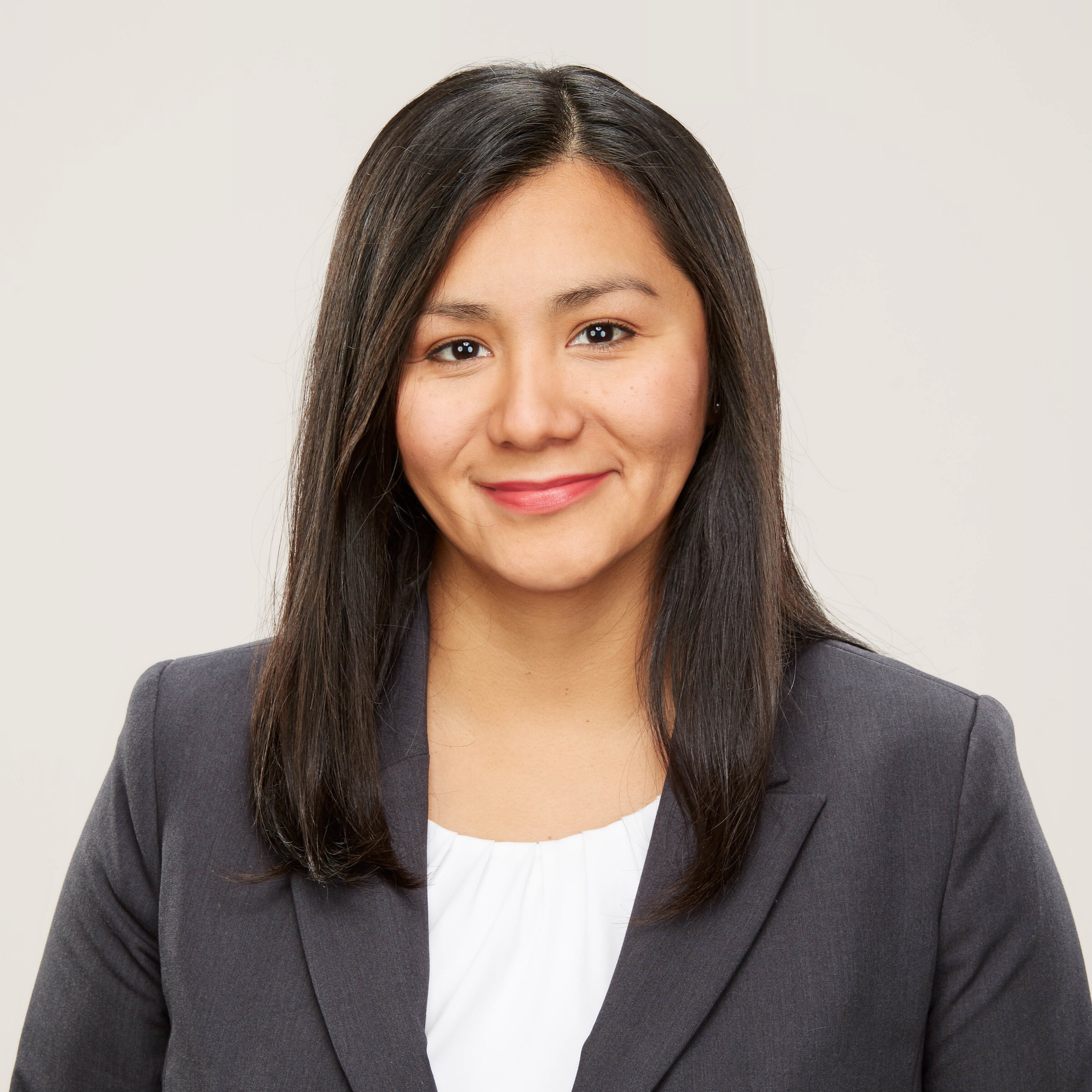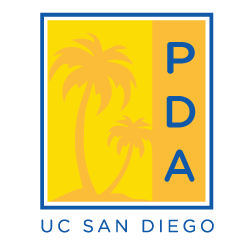
Devora Champa, Ph.D.
Technical Specialist | Finnegan, Henderson, Farabow, Garrett & Dunner, LLP

- Interview Overview
Interview Overview
Interviews and Editing by: Alexandra Bortnick
Interview: May 2018
Transition: April 2017
1. Please list your previous department at UC San Diego and provide a brief description of the research you conducted?
I worked at the Moores Cancer Center of UCSD. My research focused on identifying and understanding genetic and epigenetic alterations responsible for chemotherapy resistance in ovarian cancer patients treated with platinum-containing drugs.
2. Please describe your current job profile?
My practice is focused on patent prosecution in the biotechnology and pharmaceutical fields. I also assist with strategic client counseling, opinion work, and litigation proceedings.
3. What made you decide to transition into your current position?
I realized that as much as I loved science I did not want to pursue a research career in the long term, but I wanted to find a career path where I could use my scientific training. I began attending workshops, seminars, and talking with people in different science related professions. I even joined a couple of professional career groups. Through this career exploration I became interested in patent law and began reaching out to professionals in the field, including my friend Henry Shikani, a Technical Specialist at Finnegan LLP. Henry, and other professionals with whom I had the opportunity to speak, were a tremendous help in my transition, offering me the insights I needed to really understand what working in patent law entailed and how my training and skills could translate into this new career path. Once I decided to make the transition, they were also invaluable sources of advice and support through the process.
4. Apart from the research you conducted, do you feel like anything in particular has helped you acquire your current position?
Yes. Being a professional in patent law requires you to use your critical and analytical thinking skills as well as your oral and written communication skills every single day. These are skills which I developed during my training as a scientist, and which have not only helped me acquire my current position but which I hope to continue developing as I grow professionally.
5. Please list some of the most striking similarities and differences between your postdoc and current position?
In my current position, just as in my postdoc, I need to be able to understand the science in front of me. To do my work, I not only read patent applications but also scientific journals that help me understand the scientific principles involved. The constant learning of old and new scientific advances never stops. However, in contrast to the time when I was a postdoc when my study focus was restricted to a specific field of science, patent law exposes me to different fields of science as I work on different applications and different technologies. For instance, I can be working on a case related to CRISPR technology, and 4 hours later I will find myself working on a case related to antibodies or vaccines. I enjoy this quite a lot. There are also other similarities which emphasize how certain skills can translate into patent law. For instance, just as writing a manuscript for publication, patent law requires you to use critical thinking and good writing skills to prepare well-supported arguments during the prosecution of a patent application. In a similar way, just as presenting your research work in a meeting, patent law requires you to verbalize your thoughts in a clear and efficient way as you present an analysis to your team or a client for example.
6. Is there any specific challenge (during the entire process of transitioning) that you would like to highlight and, if so, how did you overcome it?
I think the main challenge was the first step. As graduate students we often have our minds set on following the academic path and become professors, and we worry about the stigma involved with leaving academia. However, I think once I realized I did not want to continue being a researcher and that there were other paths I could follow, I only had to be honest with myself and find the one for me. It took work, research, learning my strengths and weakness, talking to a good number of people, and understanding what was important to me, but once I found my direction everything became easier.
I also think networking did not come naturally to me at first. I started the transition by reading about different career options. However, it is difficult to really assess, for example, what is like to be a Technical Specialist and what the job entails without talking with a Technical Specialist. Thus, I had to put my reservations aside and reach out to others and ask questions about what they did, what they knew about the field, and what they liked or disliked about their jobs. You will be surprised by how many professionals are happy to talk about their work, their own transition, and their goals.
7. Please describe your goals and ambitions for the next 5 years?
I am currently preparing to take the patent bar exam, officially known as the Examination for Registration to Practice in Patent Cases Before the United States Patent and Trademark Office (USPTO). My plan after that is to focus on my applications for law school. I should mention that one does not need to become an attorney to practice patent law. Once you are registered you can practice as a patent agent. However, in my case, Finnegan LLP gives me the opportunity to attend law school while working at the firm and I plan to take that opportunity.
8. What do you feel you could have done more, as a postdoc, to help prepare you for or acquire your current position?
I think everything I did in my career, from working as an undergraduate student researcher to working as a postdoc prepared me for my current position, by providing me not only with the scientific training I use every day, but also with the critical thinking and communication skills, as well as skills related to time management, attention to detail, and organization.
9. What do you feel is the most important advice you can give to a current UCSD postdoc in order for them to obtain a position such as yours?
I think the first step is to identify your interests and your strengths. Be honest with yourself, be confident, and do your homework. If you are interested in patent law, then reach out to professionals in the field, especially those with a similar background to yours or those who have also made a transition. If after taking these steps you are convinced that patent law is for you, then look into law firms which hire professionals with your qualifications for positions such as mine (the title may be different in other law firms).
Keep in mind that making this transition is not only about getting the job. There will be a steep learning curve. Thus, when looking for potential employers you want to make sure you find a job where you will receive the training you need to succeed in this career path. I am very grateful to Finnegan LLP for the amount of training and support I have received as a new professional in the patent law field.
Finally, know that some firms will offer you a position even before you are registered as a patent practitioner, while others require you to be registered first. If you are not able to secure a job without the registration, I would suggest you take the patent bar exam and obtain your registration, as this would improve your chances to get your foot in the door.
If you have further questions I am happy to talk with you. Please send me a message on LinkedIn.
